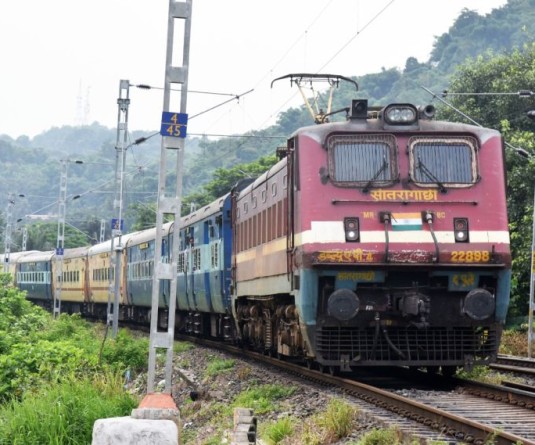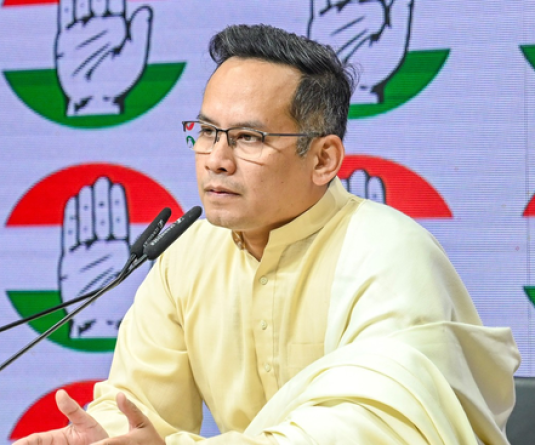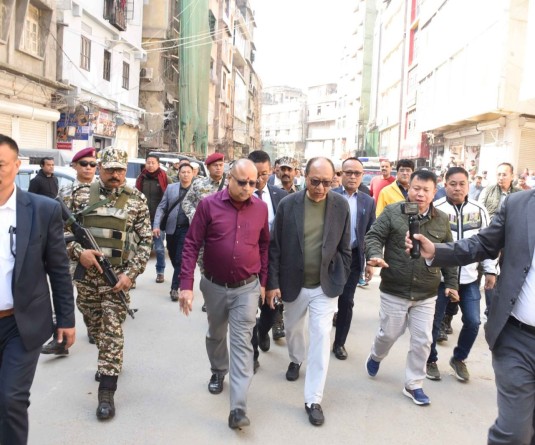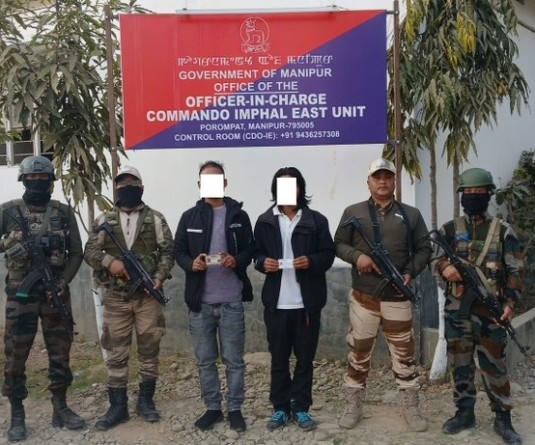
NEW DELHI, SEPTEMBER 23 (MExN): TRAI has issued a number of recommendations for strengthening the telecom infrastructure in North-East, engaging with the state governments to harmonise their respective 'Right of Way' policies in line with "The Indian Telegraph Right of Way Rules, 2016"and its amendments thereon at the earliest.
The Telecom Regulatory Authority of India (TRAI) remarked that while a number of initiatives have been taken by the government to improve telecom connectivity in the north-eastern states, there is still a lack of high-speed mobile-based internet and fixed broadband connectivity, mainly due to the inadequate transmission bandwidth (optical fibre, Microwave and satellite).
''The Northeast states continue to grapple with a significant digital divide due to various reasons such as inhospitable terrain conditions, poor availability of power supply, transmission media related limitations, poor return of investment prospects for TSPs, and Right of Way (RoW) related issues,'' TRAI said in a press release.
The Northeastern Region (NER) comprises the states of Arunachal Pradesh, Assam, Manipur, Meghalaya, Mizoram, Nagaland, Sikkim, and Tripura.
The latest recommendations by TRAI assume significance given that while average tele-density of India (as of April 2023) stood at 84.46 per cent, the teledensity in Assam state is 71 per cent and that of Northeast Licensed Service Area consisting of six states of Arunachal Pradesh, Nagaland, Manipur, Meghalaya, Mizoram, and Tripura is 79.6 per cent.
The digital divide hampers the region's socio-economic growth, restricts access to essential services and information, and exacerbates the developmental gap between the Northeast and the rest of the country, TRAI noted.
Accordingly, the sector regulator has formulated its recommendations with an aim to enhance telecom infrastructure in the region, bridge the digital divide, unlock economic potential, overcome geographical challenges, foster collaboration, and ensure national security.
These recommendations will greatly strengthen the region's telecom backbone, enabling seamless communication, efficient surveillance, and effective border coordination, as per TRAI.
TRAI has also called for implementing exemption of Right of Way (RoW) charges in rural, tribal and hilly regions for duration of five years.
''Implement waiver of the additional 25 per cent 'Tribal Development Charges' being imposed upon TSPs (telecom service providers) wherever applicable in the NE states including Sikkim.
Besides, facilitate creation of enabling provisions in their policy to expedite accord of environmental clearance to TSPs for installing mobile towers and DG sets for tower locations,'' TRAI said.
On the part of the state governments, TRAI said they should provide electricity to telecom sites as a priority (within 15 days of connections request) at Utility/Industrial tariff. Another recommendation is waiving off or subsidising last mile installation charges for extending electricity connection to telecom sites in remote and hilly areas.
'Respective State Electricity Regulatory Commissions (SERCs) to spell out utility tariffs which should be lower than the Industrial tariff. Telecom Service/Infrastructure Providers should be subjected to such utility tariffs only,' it said.
TRAI recommended that the Centre should provide budgetary assistance in the form of grant to the states (including those in NER) only for the purpose of assisting certain village-level government institutions in obtaining a BharatNet connection, procuring digital communication devices, and covering the monthly usage charges for connectivity.
''The grant should be divided in the proportion of 25:75 wherein the 25 per cent of the grant should be used by these institutions for procuring terminal end digital communication devices and 75 per cent of the grant should be utilised for paying the cost of connectivity and monthly usage charges thereof to BSNL (Bharat Sanchar Nigam Ltd),'' the TRAI press release stated.
It also recommended that for each State, BSNL should raise a consolidated monthly bill to the State Government. BSNL should raise bill only for such connections where there is an incremental meter reading or data has been used during the month. The payment from State Government to BSNL should be centralized and should not be delayed on account of verification.






